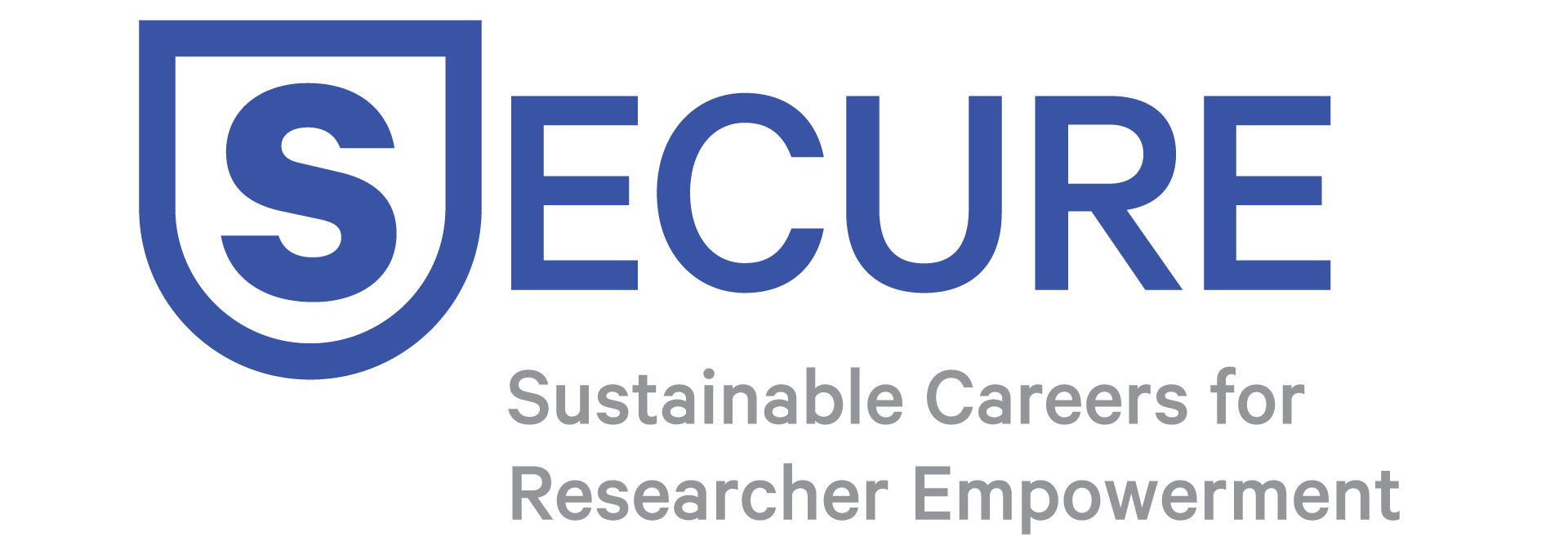“The Charter and Code for Researchers from 2005 need to be revised to respond to the new reality and the current challenges faced by researchers and institutions, including better integration of gender equality and inclusiveness as well as Open Science practices. The new version should be streamlined to simplify its implementation, and the uptake beyond the academic sector should be promoted.” Proposal for changes defines the four pillars that should be considered to update The European Charter for Researchers. In such a context, here we present pillar 2 calling for an egalitarian approach to recognize and reward researchers, irrespective of their sector or career trajectory. This pillar is determined in more detail by the following issues:

1. Researcher‘s Assessment
At the heart of the researcher’s assessment lies the imperative for nuanced evaluation. A revamped system advocates for qualitative judgment anchored in peer review, augmented by responsible quantitative indicators. Recognizing diverse outputs, activities, and ethical practices, the new framework extends beyond traditional metrics. It champions an environment where collaborative efforts, open science practices, and innovations find their deserved place in the spotlight.
2. Recruitment
Recruitment and selection procedures are poised for an overhaul, emphasizing openness, transparency, and merit-based decisions. The emphasis is on excellence, gender equality, and diversity, dismissing any penalties for career breaks or sectoral mobility. Advertisements serve as comprehensive guides, laying bare expectations, working conditions, and career prospects. Variations in CVs are reframed as valuable assets, contributing to the rich tapestry of multidimensional career tracks.
3. Selection
The selection process becomes a stage for celebrating the entirety of a candidate’s experience. Committees are urged to embrace diversity, ensuring gender balance and global representation. A repertoire of selection practices, from expert assessments to interviews, ensures a holistic evaluation. Minimizing unconscious biases becomes a priority, fostering a level playing field for all candidates. Accordingly, discrimination, in any form, has no place in the scientific realm. Employers and funders are mandated to eschew biases based on gender, age, ethnicity, or socio-economic conditions, fostering an environment of inclusivity.
4. Career Progression
A paradigm shift in career progression emphasizes regular, transparent evaluations by independent committees. Multiple career paths, including geographical, sectoral, and inter-organizational mobility, garner recognition on par with linear trajectories. A transparent, inclusive, and gender-equal career accession system becomes pivotal for reinforcing academic careers, with tenure-track-like systems offering a progressive pathway. Additionally, collaborative research is recognized as a cornerstone of progress. Institutions are urged to recognize and incentivize co-authorship as evidence of a constructive research approach. Mobility experiences, whether physical or virtual, are lauded as valuable contributions to a researcher’s professional journey.

In this era of transformative change, the European Research Area charts a course toward equitable excellence. The vision is clear – to create a research culture that values diversity, recognizes talent irrespective of background, and fuels innovation through collaboration and mobility. This holistic approach not only promises a more inclusive scientific community but also propels Europe into a new frontier of groundbreaking discoveries.



